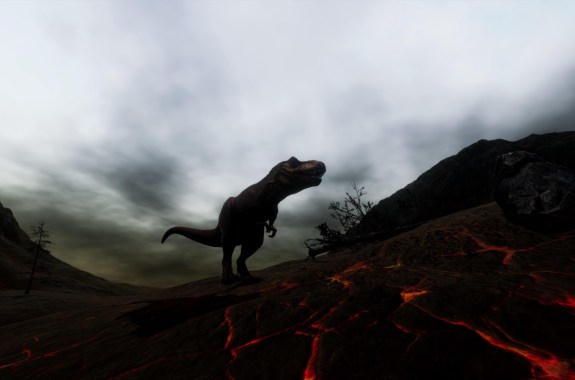17:23
What Scientists Have Learned From 125 Years Of Bird Counts
This winter marks Audubon’s 125th Christmas Bird Count. It’s the longest-running community science project in the world.
29:57
What Lichen Tell Us About Ecology, Air Quality, And More
Ira is joined on stage by experts in Portland, Oregon, to talk about the amazing world of lichen and their role in a changing climate.
12:09
Farewell, Murder Hornet, We Hardly Knew You
Officials say the invasive Asian giant hornet, with its menacing nickname, has been eradicated from the United States.
12:38
Meet 3 Leaders Addressing Local Conservation Problems
What makes three very different conservation projects so successful? These experts say it’s getting the community involved.
9:12
The Most Exciting Dino Discoveries Of 2024
To wrap up 2024, science writer Riley Black shares her favorite paleontology discoveries of the year.
6 Creative Ways People Are Preserving Nature—And You Can Too
Read a roundup of stories about creative ways people are preserving and protecting nature from our “Tiny Nature Triumphs” newsletter.
17:04
What Was It Like To Witness The End Of The Dinosaurs?
In a conversation from 2022, Riley Black discusses what happened after a massive asteroid hit Earth.
5:39
Using Oyster Shell Reefs To Counter Sea Level Rise In Louisiana
Tribes’ historic lands on the Gulf Coast are being lost to the sea. To slow it down, one tribe has turned to oyster shells.
6:59
Managing Some Invasive Plants Might Reduce Blacklegged Ticks
Researchers are connecting two ecological problems in the Northeast in hopes of reducing the risk of tick-borne illnesses.
9:31
Ancient Bird Fossil Offers Clues Into How Bird Brains Evolved
The “one-of-a-kind” fossil of Navaornis hestiae helps fill a giant gap in scientists’ understanding of how bird brains evolved.









